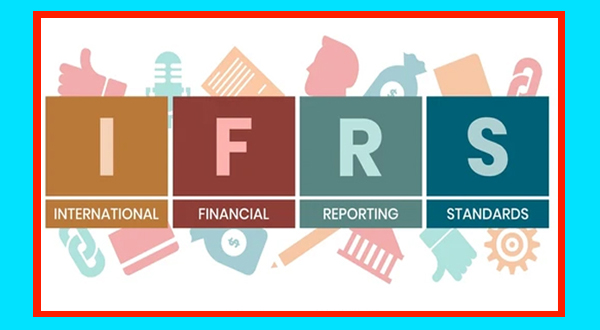Description
Diploma in International Financial Reporting Standards: The IFRS course is devised around the syllabus of the ACCA Diploma. The participants will be given a walk through all the topics covered in the curriculum, and aid them in the preparation for the examination conducted by ACCA.
IFRS Market trends: ACCA’s Diploma in IFRS is amongst the most reputable qualification across the globe. The course is designed with the objective of helping and assisting you to develop your knowledge and grasp the essential topics of IFRS. You will learn their application, along with the key concepts and principles which underpin them.
Course Objectives: The course will allow you to-
- Comprehend the framework of international accounting and IND-AS
- Apply the relevant standards of financial reporting, to important features of financial reports
- Recognize and apply disclosure essentials for organizations in financial reports
Who should do this course? This course is beneficial for:
- Chartered Accountants, Company Secretaries, ICMA, and other finance professionals
- Finance Managers, Chief accountants, Accountants
- Private Equity and M&A professionals
- MBA finance working in accounting domain
What is the Pre-Requisite for this course? Chartered accountants and other accounting professionals are qualified to appear for the examination.
Individuals with the following background are also eligible:
- A relevant degree along with two years of work experience
- General three years of work experience*
- An ACCA affiliate status
- An ACCA certificate in International Financial Reporting along with two years of work experience.
Course Structure:
|
Modules |
Titles |
|
1 |
Understanding Small and Medium-sized Entities |
|
2 |
Understanding the Concepts and Pervasive Principles |
|
3 |
Understanding Financial Statement Presentation |
|
4 |
Understanding the Statement of Financial Position |
|
5 |
Understanding the Statement of Comprehensive Income & the statement of Income Statement |
|
6 |
Understanding the Statement of Changes in Equity, Income and Retained Earnings |
|
7 |
Understanding the Statement of Cash Flows |
|
8 |
Understanding the notes to the Financial Statements |
|
10 |
Understanding the Accounting Policies, Estimates and Errors |
|
11 |
Understanding the Basic Financial Instruments |
|
13 |
Understanding Inventories |
|
14 |
Understanding Investments in Associates |
|
15 |
Understanding Investments in Joint Ventures |
|
16 |
Understanding Investment Property |
|
17 |
Understanding Property, Plant and Equipment |
|
18 |
Understanding Intangible Assets Other Than Goodwill |
|
20 |
Understanding Leases |
|
21 |
Understanding Provisions and Contingencies |
|
23 |
Understanding Revenue |
|
24 |
Understanding Government Grants |
|
25 |
Understanding Borrowing Costs |
|
28 |
Understanding Employee Benefits |
|
29 |
Understanding Income Tax |
|
30 |
Understanding Foreign Currency Translation |
|
32 |
Understanding Events after the End of the Reporting Period |
|
33 |
Understanding Related Party Disclosures |
|
35 |
Understanding Transition to the IFRS for SMEs |






